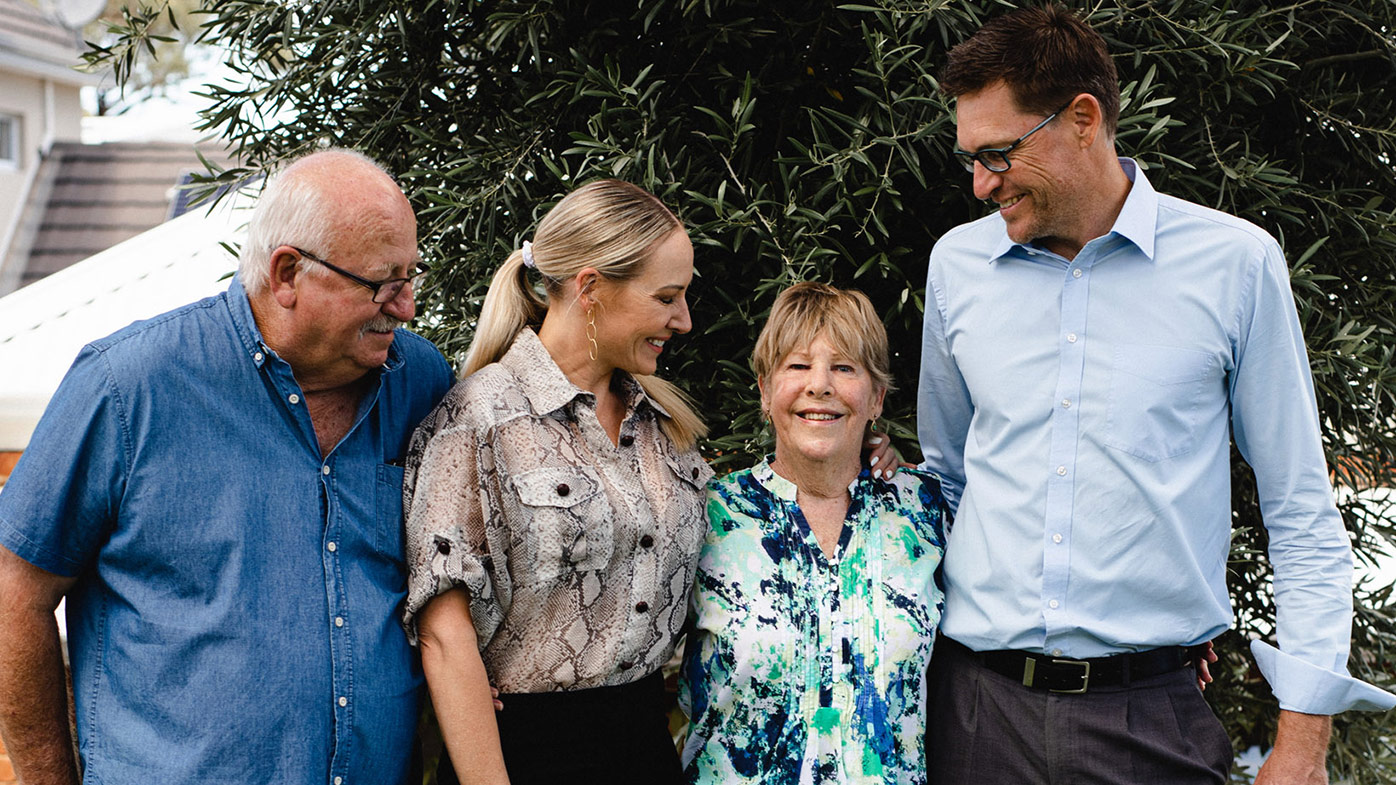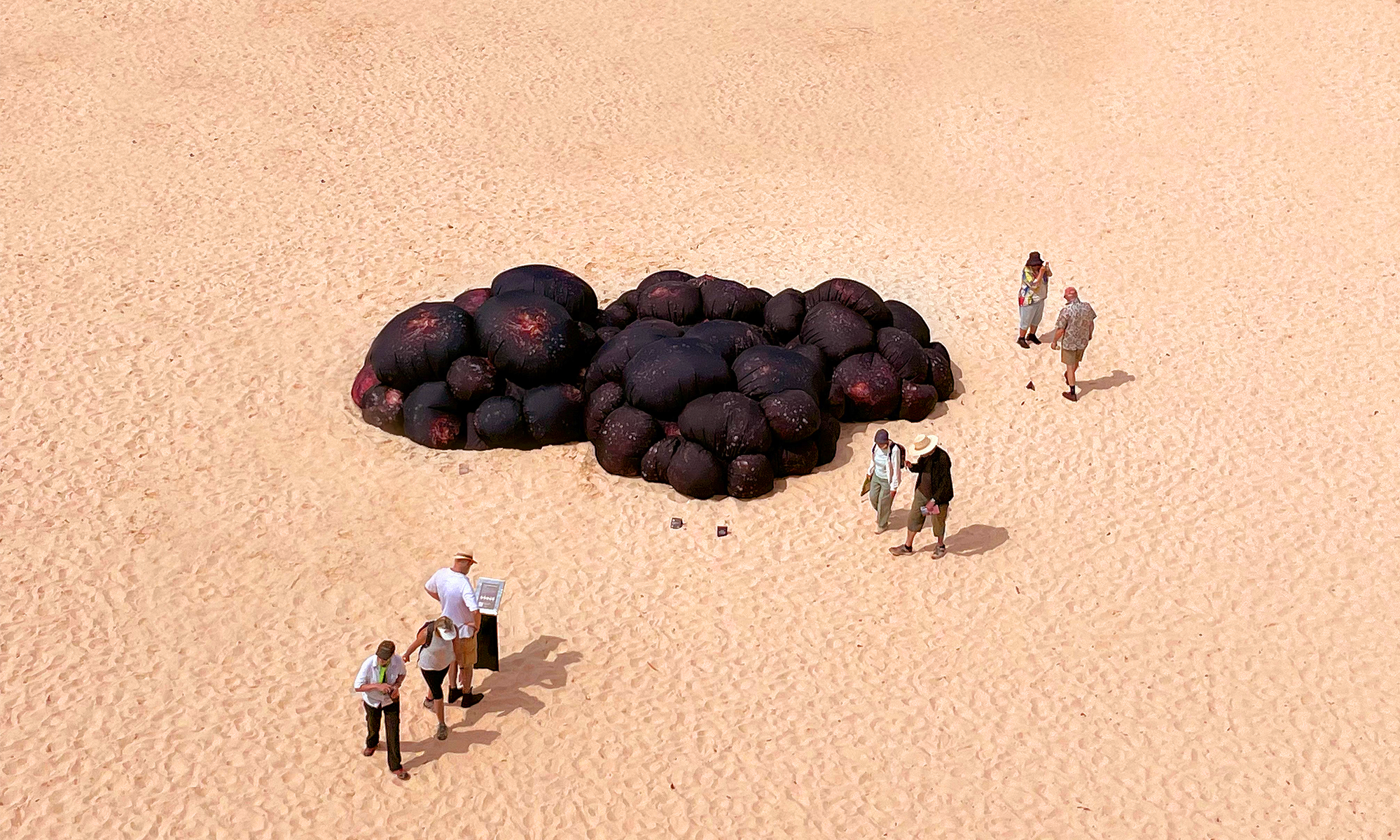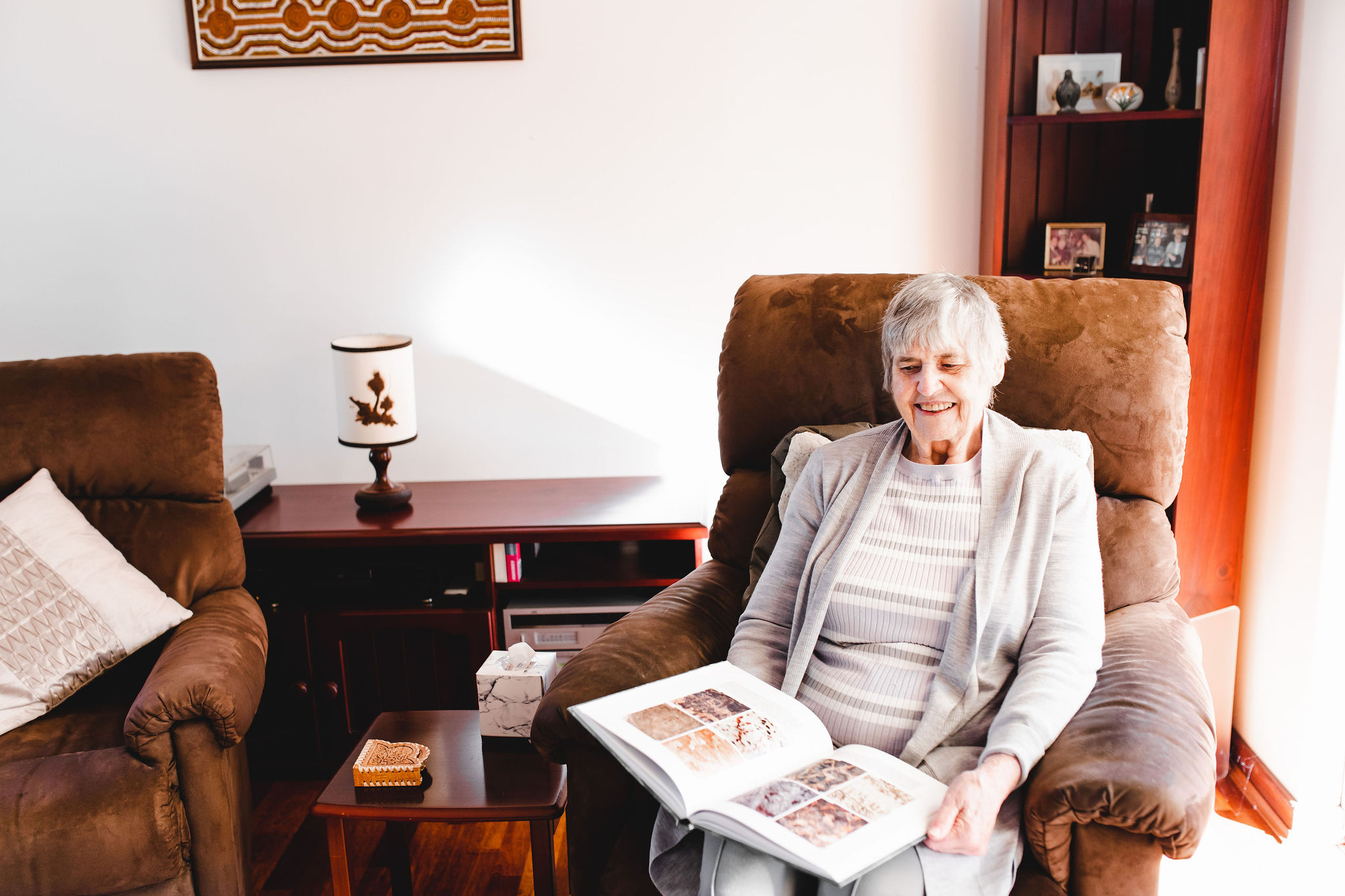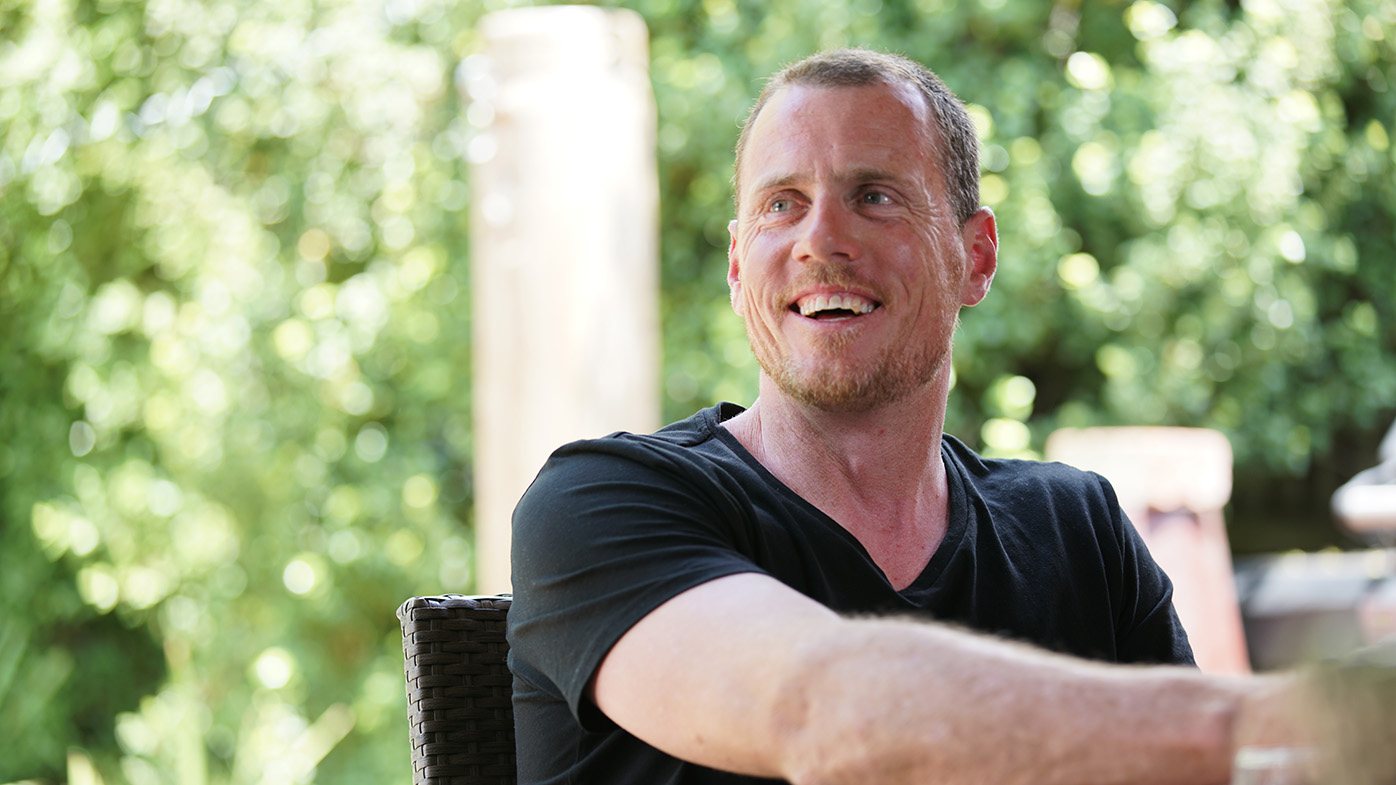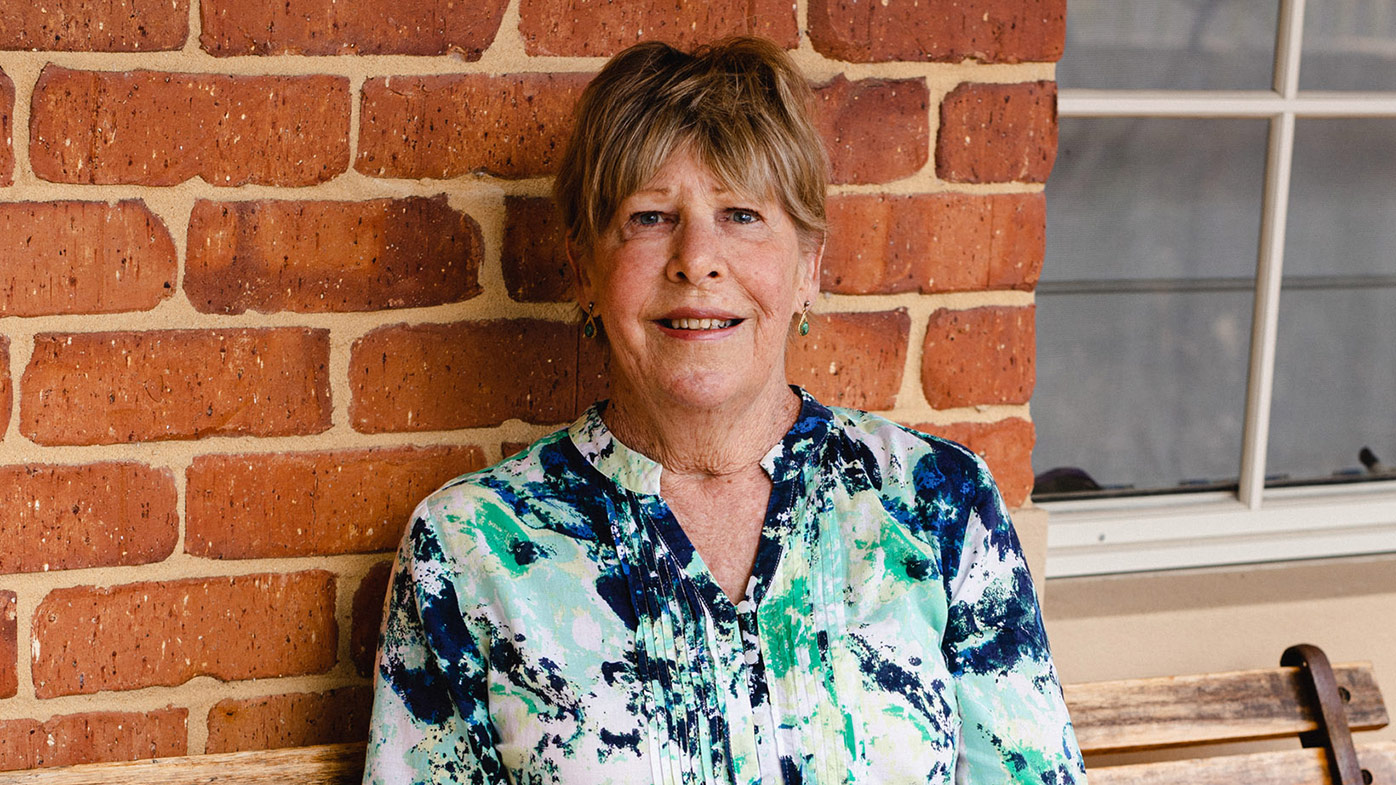
Valerie Davis
Lung cancer is our nation’s second leading cause of death, taking more lives than dementia and diabetes, yet it receives very little publicity, funding, research or support. BMS Australia has supported Lung Foundation Australia (LFA) for over 20 years to remove this stigma and develop treatments to improve the diagnosis, outcomes, and quality of life for patients.
In 2018, Valerie Davis from Western Australia (WA) was diagnosed with stage four metastatic lung cancer, with a grim prognosis that she describes as, “shattering and devastating”. After a long period trying to come to terms with and understand her diagnosis, her doctor discovered the clinical trial that would later save her life.
This year, she bravely shared her story by collaborating with BMS Australia and Lung Foundation Australia to create a podcast that makes information easier to digest for patients, like her, facing immunotherapy and chemotherapy.
The diagnosis aftershock
After Valerie and her family received the heartbreaking news that she had two years to live at best, she recalls reaching out to WA telephone support service during a time where she felt in turmoil and vulnerable. “Every experience is different, but I encourage every patient to reach out for support because they were remarkable. I’ve built a strong relationship with them to this day.”
Soon after her diagnosis, Valerie did not hold back from educating herself by asking her doctor questions, which helped clarify the whole situation for herself and her family: “I was reassured, and I felt very safe. And from that point, I gained more and more positivity and strength from knowing what I knew.”
